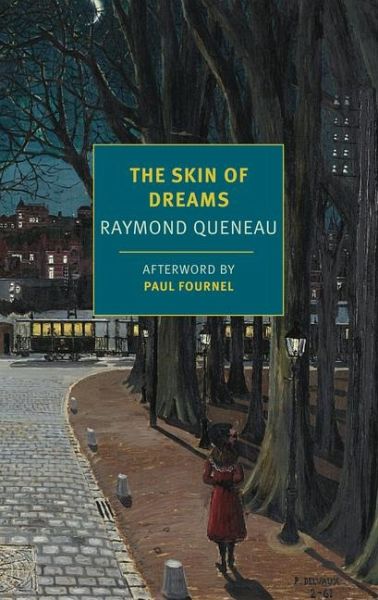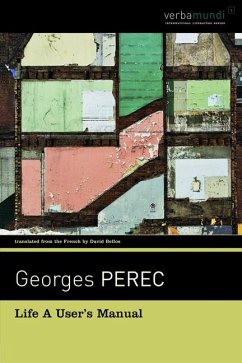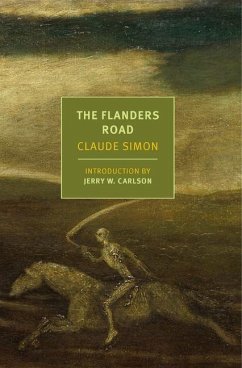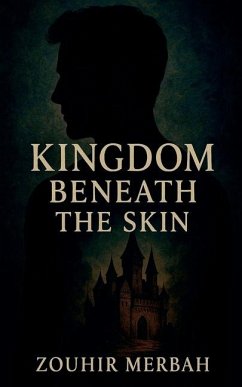
The Skin of Dreams
Versandkostenfrei!
Versandfertig in über 4 Wochen
13,99 €
inkl. MwSt.

PAYBACK Punkte
7 °P sammeln!
"Although Loin de Rueil (1944) was Raymond Queneau's ninth novel, it was the first to appear in English when New Directions published it in a translation by H. J. Kaplan in 1948. Nearly eighty years later, Queneau is justly celebrated worldwide for his experimental vision and lexical creativity. Alas, unaware of Queneau's proclivities in the late 40s, Mr. Kaplan approached the novel as one would any old book, focusing on dramatic content and ignoring many of the more playful and signifying flourishes. Using hindsight and specialization to his advantage, translator and scholar Chris Clarke has ...
"Although Loin de Rueil (1944) was Raymond Queneau's ninth novel, it was the first to appear in English when New Directions published it in a translation by H. J. Kaplan in 1948. Nearly eighty years later, Queneau is justly celebrated worldwide for his experimental vision and lexical creativity. Alas, unaware of Queneau's proclivities in the late 40s, Mr. Kaplan approached the novel as one would any old book, focusing on dramatic content and ignoring many of the more playful and signifying flourishes. Using hindsight and specialization to his advantage, translator and scholar Chris Clarke has finally undertaken an all-new translation of this long out-of-print novel by the French co-founder of the Oulipo. In The Skin of Dreams, Queneau tells the two-part story of Jacques L'Aumone: a young man for whom dreams and imagination are the driving force of life, and his alter ego and polar opposite, who attempts to reach true happiness by rejecting dreams in all their forms. The novel is rife with Queneau's exuberant approach to language and features early experimentation with the temporal flexibility that would be further explored over a decade later as "cinâecriture" [cinewriting] by the filmmakers of the French New Wave and the writers of the Nouveau Roman"--













